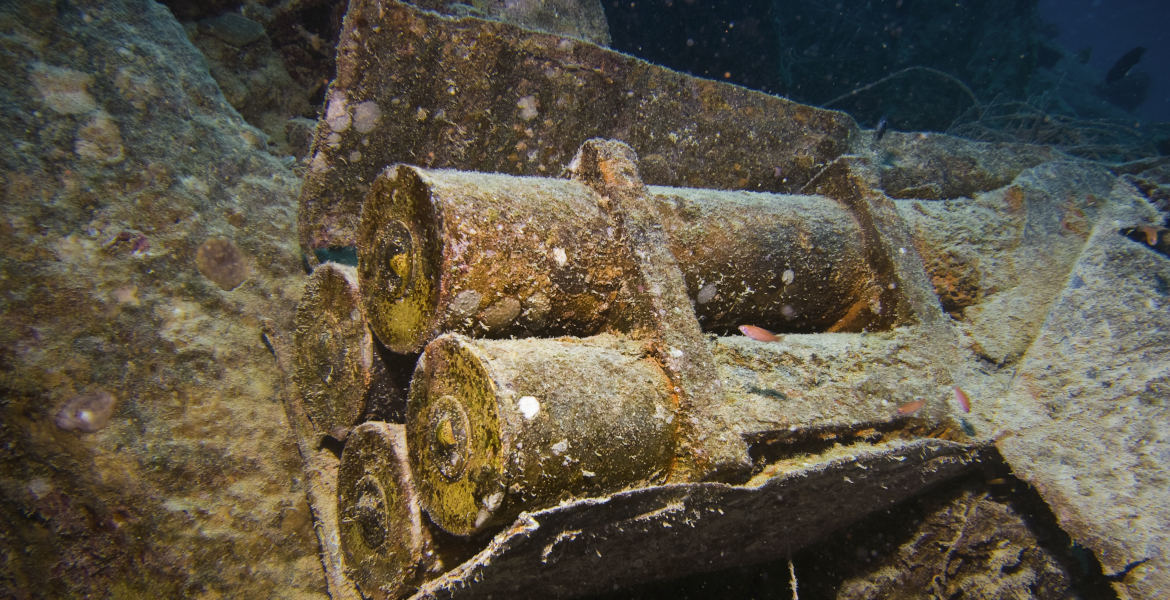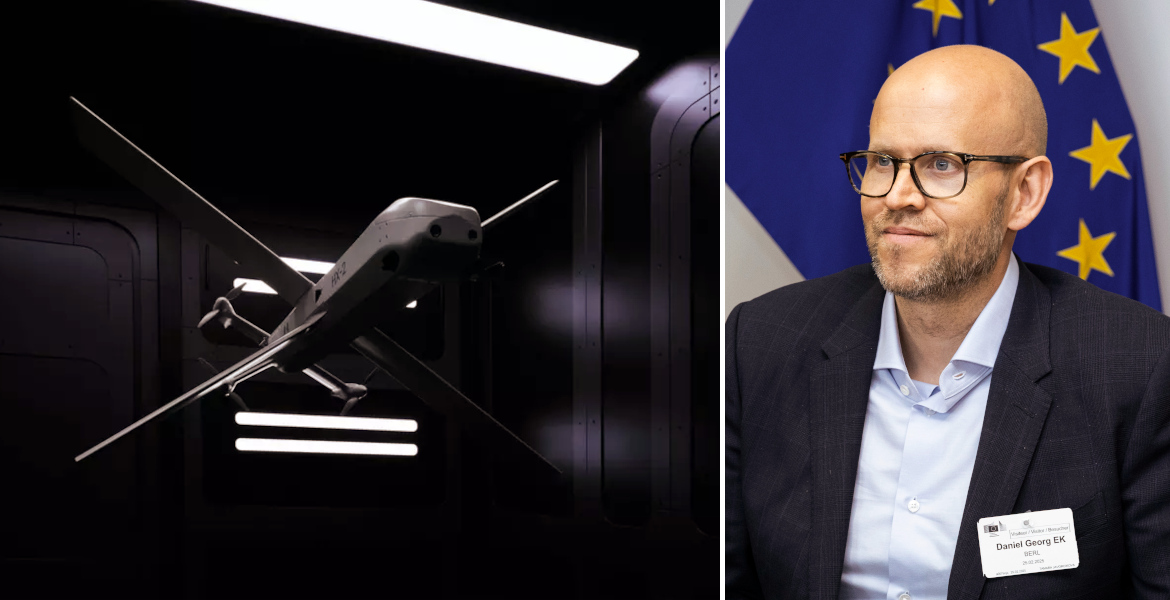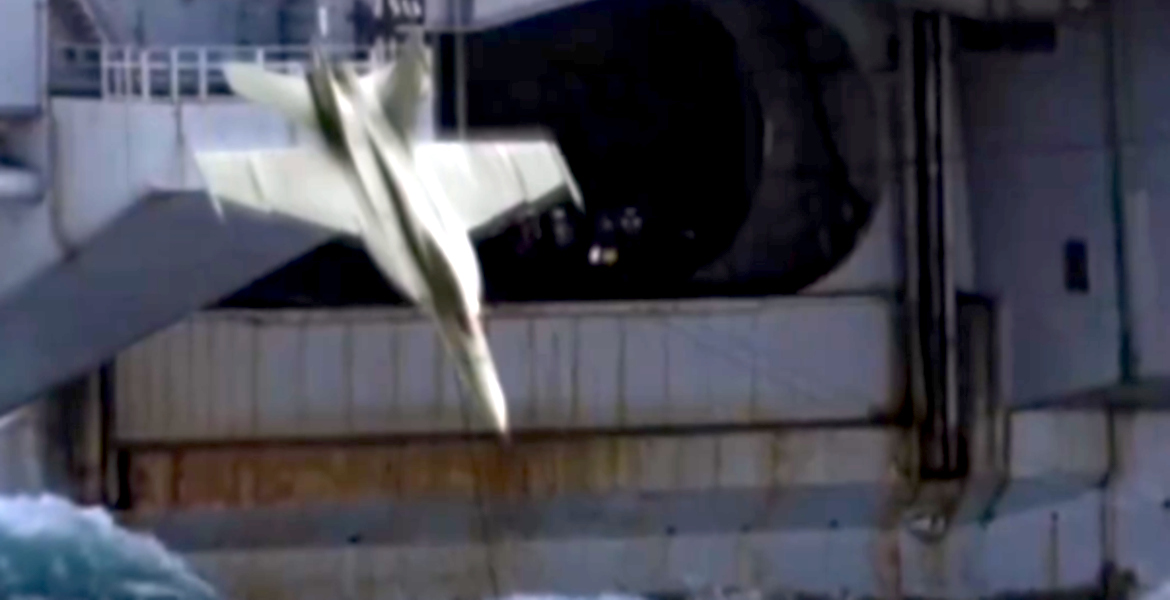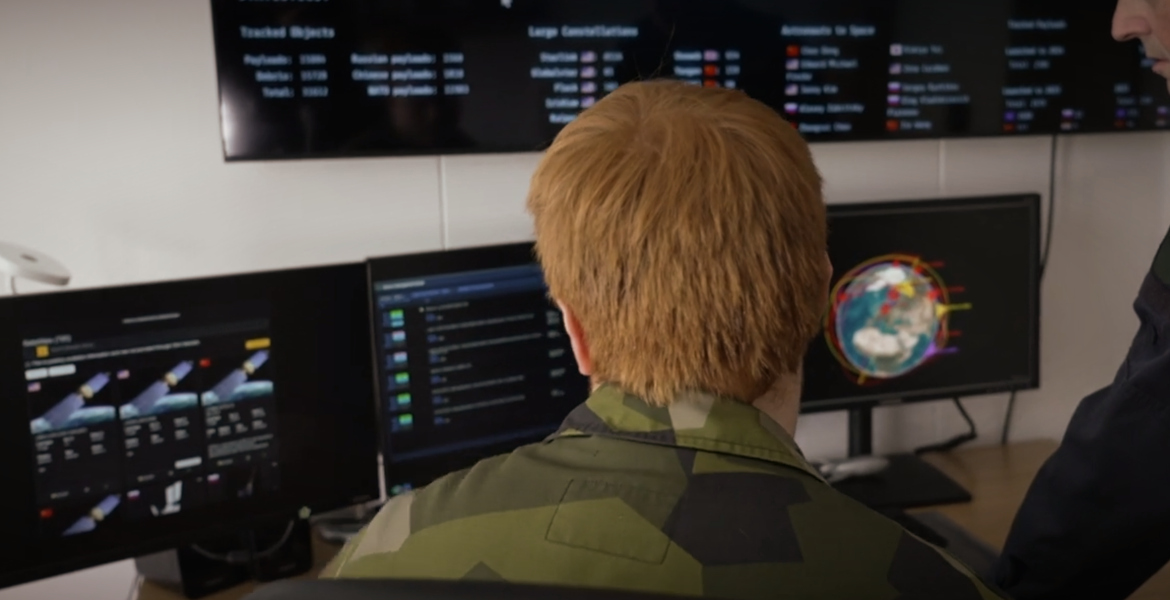An estimated 1.6 million tons of World War II ammunition still lies at the bottom of the North Sea and Baltic Sea.
According to experts, this not only poses a security threat but also a growing environmental risk – and removal should be done through international cooperation rather than individual initiatives.
The majority of the ammunition, primarily left behind by Nazi Germany, consists of conventional shells. However, about 40 tons contain dangerous chemical warfare agents, including mustard gas and phosgene. After decades underwater, many of the containers have begun to corrode, posing a threat to the marine ecosystem and potentially to coastal areas.
– The question was how to deal with the recovery of these poison time bombs for the biosphere of the Baltic Sea. Of course, due to the corrosion of these vessels, there is a danger for the fish and the plants, and other countries, says German publicist and peace activist Bernhard Trautvetter in an interview with RT.
He emphasizes that the responsibility cannot lie with a single country and that NATO countries in the Baltic region, as well as Russia, which has access to these waters through its exclave of Kaliningrad and the St. Petersburg area, must join forces to "pull this time bomb out of the world".
German pilot project
Germany launched a pilot project in 2023 to salvage the ammunition, conducting work in the Bay of Lübeck, with the first phase completed in April this year. The authorities described the project as a success but acknowledged that further technical adaptations are needed in areas where ammunition concentrations are particularly high.
The initiative has simultaneously raised concerns among environmental organizations, researchers, and neighboring countries about how the recovery affects the marine environment, especially if conducted without cross-border coordination.
Russia has long expressed concern about the chemical legacy of the war and has repeatedly called for an international effort to clear the seabed of war materials. In practice, however, Russia has been kept out of the efforts made so far, largely due to the deteriorated security situation and the frosty relationship with the West following the initiation of the war in Ukraine.




